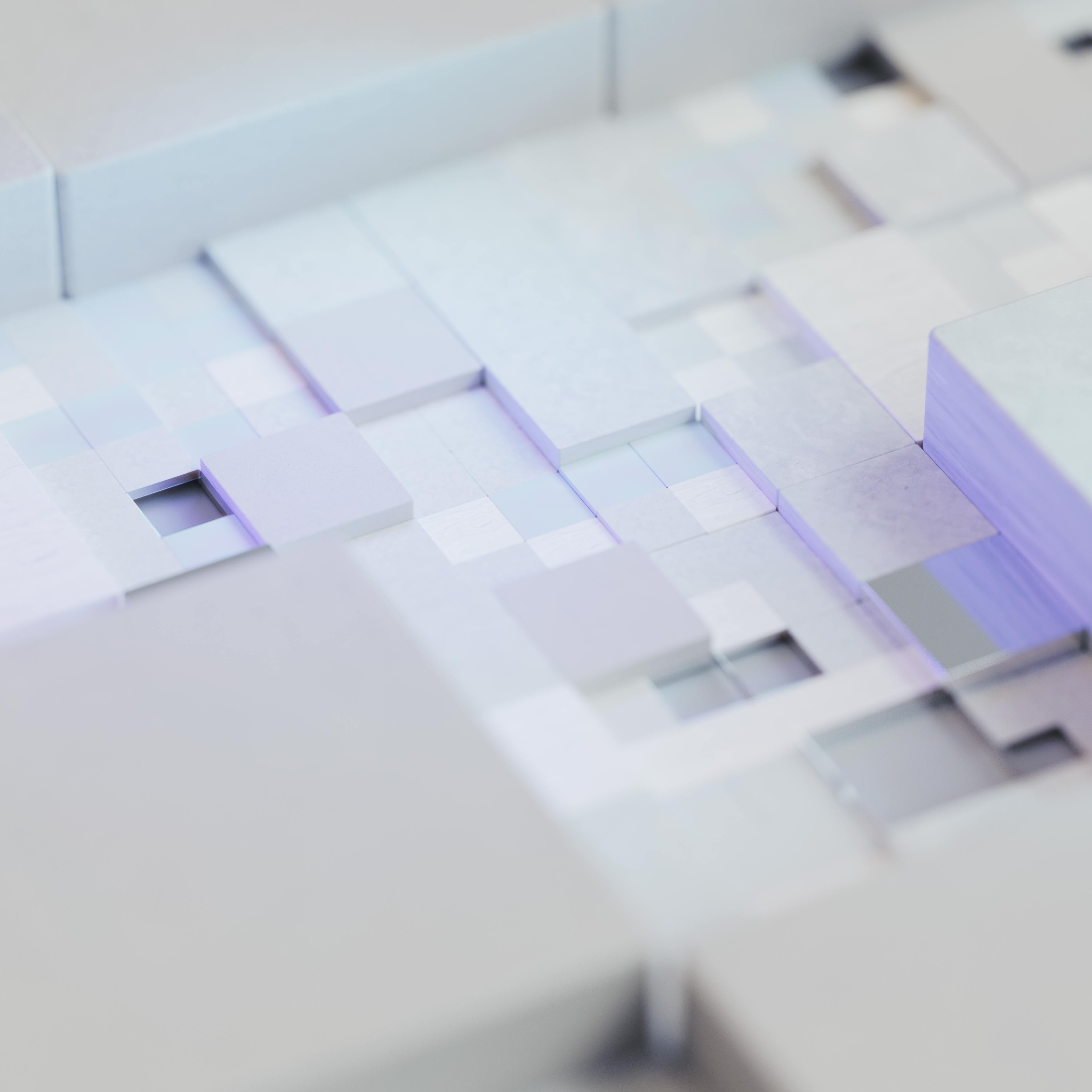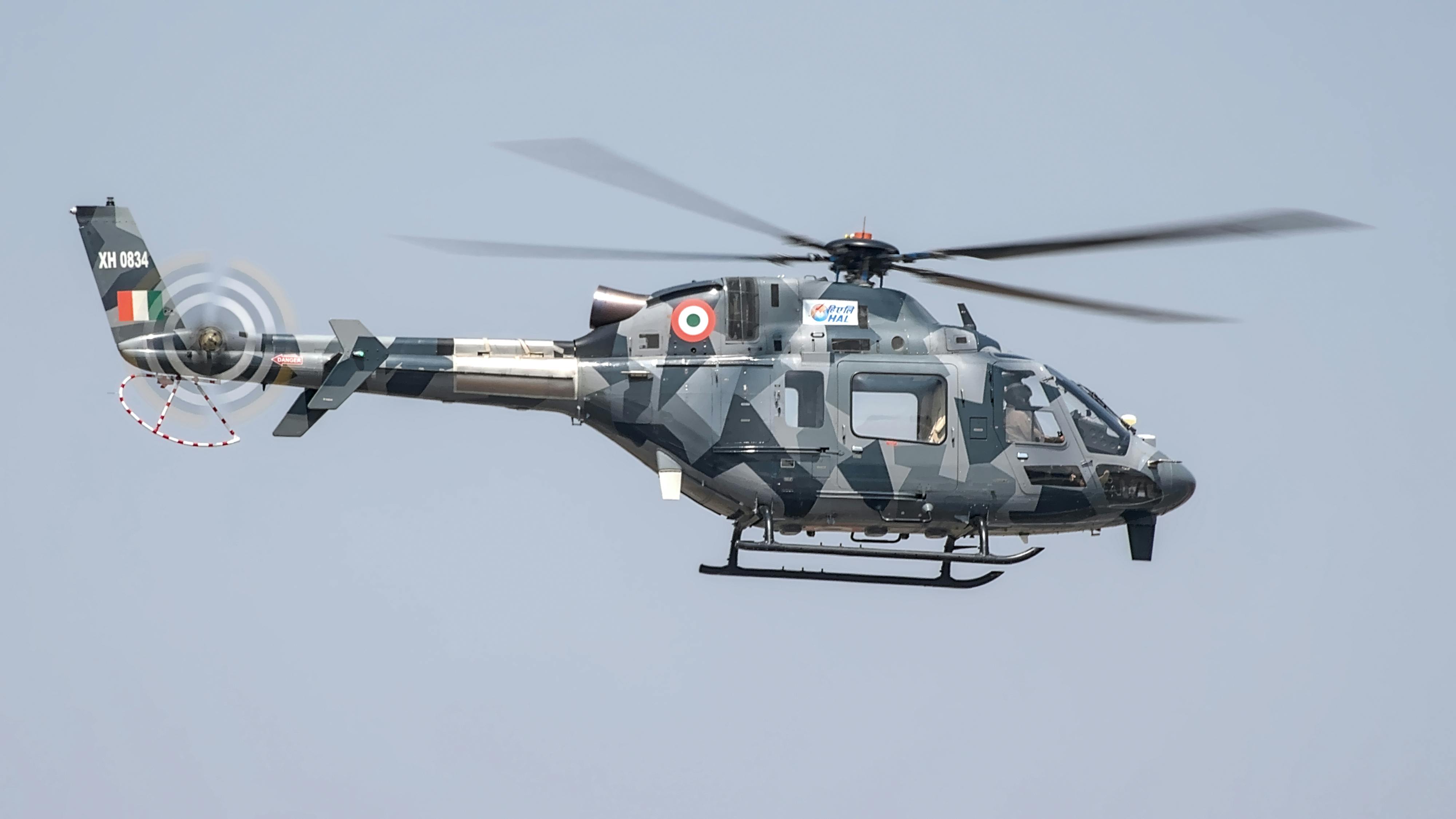Vogue AI Ad Backlash Reveals Industry Fears
🕓 Estimated Reading Time: 5 minutes
Overview
The global fashion and media landscape was recently rocked by the Vogue AI ad controversy, an incident that transcended a simple marketing misstep to expose deeper anxieties within creative industries. What began as a seemingly innovative application of artificial intelligence by one of the world's most influential fashion magazines quickly escalated into a widespread debate about the future of human creativity, authenticity, and labor in an increasingly automated world. The advertisement, featuring AI-generated visuals, sparked immediate and fervent criticism from artists, photographers, designers, and the public alike, igniting discussions far beyond the runways and editorial offices. This pivotal moment serves as a stark reminder that while AI promises efficiency and novel forms of expression, its integration into established creative fields demands careful consideration of its ethical, artistic, and economic ramifications.

Background & Context
On August 3, 2025, Vogue magazine, renowned for its trendsetting influence and artistic prowess, unveiled a promotional campaign that deviated significantly from its traditional reliance on human photography and artistry. The advertisement, intended to showcase a new editorial direction, prominently featured visuals confirmed to be entirely generated by advanced artificial intelligence models. This move by such an iconic publication was not merely an experimental foray into new technology; it was perceived by many as a definitive statement on the accelerating trend of AI in fashion and creative content production. For years, AI tools have been quietly integrated into various aspects of the fashion industry, from supply chain optimization and trend forecasting to personalized styling and virtual try-ons. However, the visible use of generative AI for core visual content, typically the domain of highly skilled human artists, brought the underlying tension to the forefront.
The decision to use AI for such a high-profile campaign immediately raised questions about creative ownership, the value of human artistic skill, and the potential for widespread job displacement. Critics quickly pointed out that while AI can replicate styles and generate novel images, it often lacks the nuanced understanding, emotional depth, and unique perspective that human artists bring to their work. The use of generative AI models also ignited concerns about data sourcing, as many AI systems are trained on vast datasets of existing human-created art, potentially without proper attribution or compensation to the original creators. This growing unease about the ethical implications of AI development formed the volatile backdrop against which the Vogue advertisement was released.
Implications & Analysis
The controversy surrounding Vogue's AI ad extends far beyond the immediate sphere of fashion advertising, touching upon fundamental questions about the nature of art and labor in the digital age. A primary concern revolves around digital art authenticity. If a visually stunning image can be generated in seconds by an algorithm, does it hold the same artistic weight or value as a piece meticulously crafted by a human photographer or illustrator? Many argue that true authenticity stems from the human experience, intention, and the unique imperfections inherent in human creation. The absence of a human hand in the primary visual output challenges traditional notions of authorship and creative integrity.
Furthermore, the incident spotlighted critical aspects of creative AI ethics. The potential for AI to displace human jobs, particularly in fields like photography, illustration, and graphic design, is a palpable fear across the industry. As companies seek to reduce costs and increase output speed, the appeal of AI-generated content becomes economically attractive, potentially sidelining human talent. This raises urgent questions about fair compensation for artists whose work might be used to train AI models, and the need for new economic models that protect human creators. Copyright laws, already struggling to keep pace with digital transformation, face unprecedented challenges in defining ownership and infringement in the realm of AI-generated content. The debate also highlights a philosophical dilemma: while AI can mimic creativity, can it truly understand or imbue meaning in its creations in the way a human artist does?

Reactions & Statements
The release of Vogue's AI-generated advertisement was met with an immediate and widespread AI backlash. Social media platforms, particularly those frequented by artists and creative professionals, were inundated with critical commentary. Photographers, illustrators, models, and stylists voiced their dismay, questioning the magazine's decision to bypass human talent for automated production. Many expressed a sense of betrayal, arguing that a publication historically celebrating human artistry was now undermining it.
Prominent figures within the fashion industry, including acclaimed photographers and designers, weighed in with strong opinions. For instance, renowned fashion photographer Annie Leibovitz, though not directly commenting on this specific incident, has previously expressed the irreplaceable value of human connection in her work, a sentiment echoed by many. Public statements from professional organizations representing artists and photographers called for greater transparency in the use of AI in commercial projects and advocated for the protection of human creative roles. While Vogue itself has not released an extensive statement beyond acknowledging the use of AI in the campaign, sources close to the publication, as reported by TechCrunch on August 3, 2025, indicated that the intent was to 'explore the boundaries of digital artistry,' a rationale that largely failed to appease its critics. The sheer volume and intensity of the negative reactions underscored a collective apprehension about AI's accelerating impact on creative livelihoods and artistic integrity.
'The uproar over Vogue's AI-generated ad isn't just about fashion; it's a profound cultural moment reflecting deep-seated fears about the future of human creativity and work,' TechCrunch reported on August 3, 2025.
What Comes Next
The fallout from the Vogue AI ad controversy is likely to accelerate existing discussions and push for concrete actions regarding the integration of artificial intelligence into creative industries. Moving forward, several key developments can be anticipated. Firstly, there will likely be increased pressure on brands and media outlets to disclose when AI has been used to generate primary visual content, moving towards greater transparency in advertising and editorial practices. This could manifest as industry-led guidelines or even future regulatory frameworks, similar to labeling requirements for synthetic media. Secondly, the debate will intensify around intellectual property rights for AI-generated works, particularly concerning the foundational data used to train these models. Legal challenges and new legislation are expected as artists and content creators seek to protect their existing works from unauthorized use in AI development.
Thirdly, creative professionals and unions are expected to strengthen their advocacy for human employment and fair compensation. This might involve negotiating new contracts that explicitly address AI's role or pushing for industry standards that prioritize human-led projects. The incident also serves as a catalyst for creative educators to adapt curricula, teaching students how to collaborate with AI tools ethically and effectively, rather than being replaced by them. Ultimately, the industry will need to find a sustainable balance between embracing technological innovation and preserving the intrinsic value of human ingenuity and artistic expression. The path ahead will likely involve a continuous dialogue between technologists, artists, policymakers, and consumers to shape a future where AI augments rather than diminishes human creativity.
Conclusion
The Vogue AI ad controversy has emerged as a significant touchstone in the ongoing societal conversation about artificial intelligence. It underscores that the anxieties surrounding AI are not merely hypothetical but are becoming increasingly real for professionals across various sectors. While AI offers transformative potential for efficiency and new creative avenues, its deployment, especially in fields deeply rooted in human artistry, demands profound ethical consideration and responsible implementation. The debate ignited by Vogue's decision serves as a crucial wake-up call for industries to engage proactively with their creative communities, ensuring that technological advancement proceeds hand-in-hand with the protection of artistic integrity and human livelihood. As AI continues to evolve, striking a harmonious balance between innovation and human value will remain paramount for a sustainable and ethically sound future of creativity.